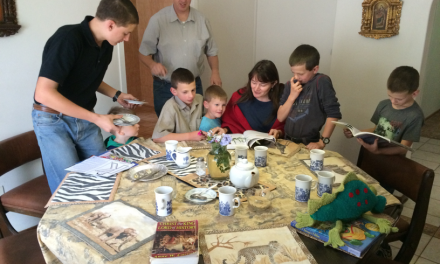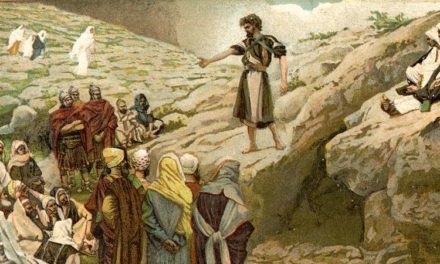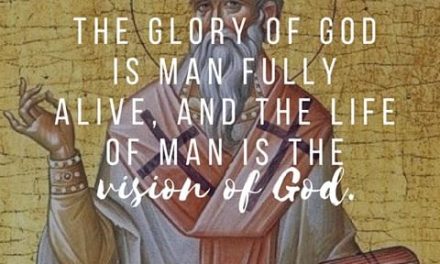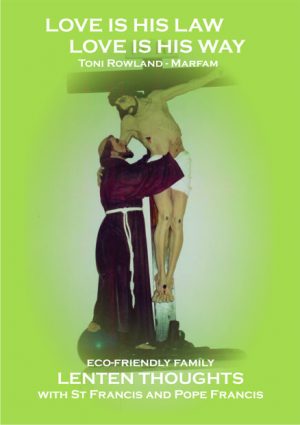December 10. Judges and Jephthah. Judges 11:29-40. The books of Joshua and Judges continue the story of the Israelites. After the death of Moses and of Joshua, his successor, there was a time of wars and conflicts when the people of Israel did not have appointed leaders. Judge was the title given to men and women from the community. At particular times when they had turned away from God, were being attacked and were calling on God once again for help, God raised up these judges from amongst them. Although they rejected God at times the Israelites were strict about purity of line. Marrying or having children by foreign women was greatly frowned upon. Jephthah was the son of a harlot and driven out of the family by his brothers. However he became a good soldier and when the Israelites saw themselves in danger they called him back to be a judge. An unfortunate situation arose. He made a vow to the Lord ‘if you deliver the Ammonites into my power, whoever comes out of the doors of my house to meet me when I return in triumph from the Ammonites shall belong to the Lord. I shall offer him up as a holocaust.” It happened that it was his daughter, his only child, a virgin who came to meet him. Jephthah was distraught but kept his promise. He explained to the girl, who asked for some time to prepare and “mourn her virginity.”
Pope Francis: Human dignity demands that each of us act out of conscious and free choice as moved and drawn in a personal way from within. Points for reflection and discussion. This situation of Jephthah’s is seen today as controversial. How far does one keep a promise or a vow? Some writers say the vow was “imprudent” in any case, as Mosaic law at this time forbade human sacrifice. From a family point of view, discuss the whole aspect of making and keeping a promise? What about marriage vows that are so regularly broken?






Recent Comments